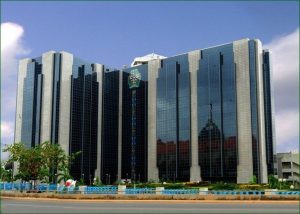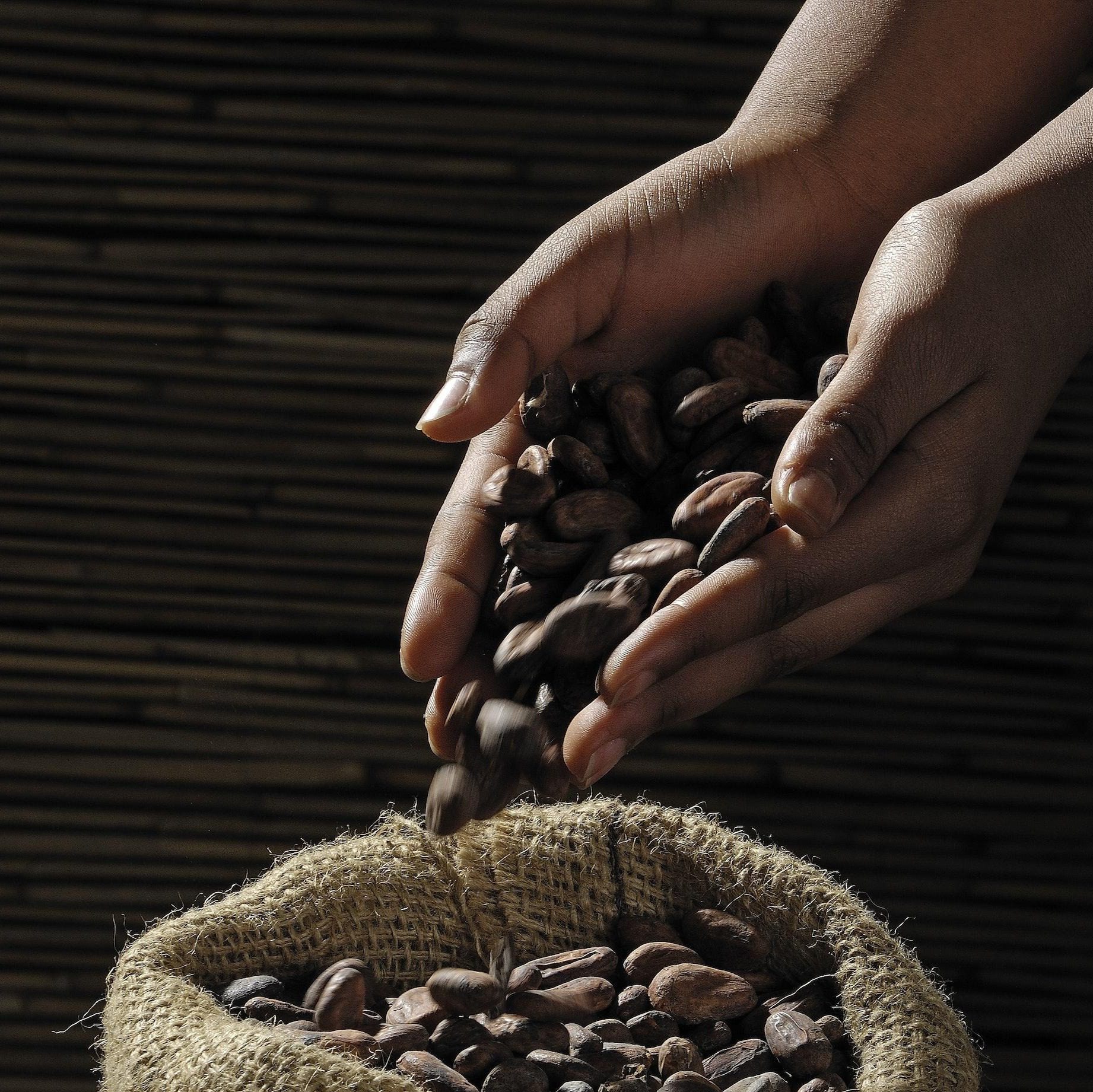AGAIN, DANGOTE LOWERS PETROL LOADING COST TO N815/LITRE
The price war in the downstream oil sector continued on Thursday as the Dangote Petroleum Refinery quietly implemented a price reduction at its loading gantry, reducing the loading cost of its petrol from N825 per litre to N815 per litre. It was gathered that the new pricing structure introduced on Thursday was met with enthusiasm by oil marketers, who, as a result, opted to bypass private depot owners and begin sourcing their products directly from the refinery. This N10 price reduction is also anticipated to prompt a competitive reaction from private fuel depots, which may adjust their prices downward to maintain their market position. Recall that on Tuesday, The PUNCH exclusively reported that the landing cost of petrol imported into Nigeria dropped to N774.72 per litre, with marketers predicting that the continued price plunge may lead to a reduction in the pump prices of PMS to about N800 per litre. Dealers said the N774.72 per litre landing cost, which factors in various expenses, including shipping, import duties, and exchange rates, was a considerable reduction of N50.28 from the previous N825 per litre offered at the loading gantry of the Dangote Petroleum Refinery. The situation, according to industry stakeholders, ignited a price war, with retail marketers opting to dump the refinery products for imported products on the basis of lower pricing. “Crude oil is a major component in the production of fuel, so a further reduction in its price would definitely warrant a drop in petrol price, and it is possible to drop to N800 per litre,” the National Publicity Secretary of the Independent Marketers Association of Nigeria, Chief Ukadike Chinedu, stated. But in a fresh effort to control market share, the 650,000 barrels per day capacity refinery reduced its loading cost to N815 per litre on Thursday. When added to the N10 levy charged by the Nigerian Midstream and Downstream Petroleum Regulatory Authority, this will increase the cost to N825 per litre. Consequently, private depot owners in Lagos have also reduced their loading costs to N825 per litre from N830 sold earlier this week A marketer who preferred not to be named due to lack of authorisation to speak to the media, said, “It is true, I sighted the PFI, N815 ex-depot, N825 including NMDPRA N10. Marketers are selling N826– N830.” Another marketer confirmed the price drop, saying it was influenced by market forces. Efforts to obtain a pro forma invoice issued to marketers by our correspondent were unsuccessful, as the refinery recalled all invoices due to an error on the initially released invoice. Further checks by our correspondent revealed that private depots have effected a price change to match the price offered by the refinery. An analysis showed that AA RANO depot left its loading cost price unchanged at N830 per litre. MENJ Depot also left its own at N830. Bovas depot sold its products at N826, WOSBAB gave its customers a price estimate of N831, while AITEO gave a price of N827 from N832 charged earlier this week. Integrated depot sold at N826 and RAINOIL depot sold its products at N831 per litre.
NAIRA REVERSES GAINS, DEPRECIATES AT OFFICIAL, PARALLEL MARKETS
In the past week, the naira reversed some of the gains it had made in recent times as it depreciated against the United States dollar at both the parallel and official markets. At the close of trading in the past week, the naira weakened by 1.66 per cent week-on-week, closing at 1,517.24/$ from 1,492.49/$ the previous week. At the parallel market, a similar trend was observed with the naira easing to an average of 1,520/dollar, reflecting a gradual uptick in demand for the greenback. According to Bureau De Change operators, the naira lost as much as N70 to close at 1,570/dollar at the end of the week. Naira had closed February 2025 with an 8.5 per cent gain month-on-month on the parallel market to settle at 1,490/$, while it closed at 1,500/$ on the official market, indicating a 1.7 per cent m/m decline, and analysts had a positive outlook for the currency in March barring shocks. AIICO Capital Limited, in an investor note, fingered increased demand for dollars by foreign portfolio investors and local corporates for the depreciation. “The naira depreciated this week due to tight dollar liquidity and increased demand from foreign portfolio investors and local corporates,” AIICO Capital Limited said, adding that offshore demand remained strong, pushing rates higher despite interventions from the Central Bank of Nigeria. CardinalStone, in its daily market report on Friday, lined up with the notion that pressure on the naira at the foreign exchange market increased “arising from profit-taking actions by foreign portfolio investors and local corporates, offsetting support from CBN’s intervention at the interbank market.” The analysts at Cowry Assets Management Limited pointed out that the CBN’s continued weekly interventions in the FX market to support the naira will be crucial as it will dictate currency movements. However, there is a belief that the CBN, with a reserve worth $38.35bn as of Thursday, has sufficient resources to provide a buffer for the naira. “While the short-term outlook suggests a moderate market performance, an improved supply of dollars could provide some relief for the local currency,” the experts said. This projection lines up with that of Afrinvest in its Monthly Market Report, where it noted that “in March, we anticipate the naira will maintain its positive performance across FX segments, supported by the CBN’s continued USD supply to BDCs and DMBs, provided there are no adverse market shocks.
EQUITY MARKET OPENS WEEK WITH N52BN GAIN
The Nigerian Exchange commenced the new trading week on a positive note, recording a market capitalisation increase of N52.17bn. At the close of trading on Monday, the All Share Index inched up by 83.31 points to settle at 106,621.91 points, reflecting a year-to-date gain of 3.59 per cent. The overall market capitalisation stood at N66.8tn. Market activity showed a boost in turnover, with investors exchanging 364.97 million shares in 14,565 deals, valued at N17.63bn. This represents a five per cent increase in volume, an 81 per cent improvement in turnover, and a 22 per cent rise in deals compared to Friday’s session. Eterna Plc led the gainers’ chart with a 9.96 per cent appreciation, closing at N37.55 per share. Transcorp followed with a 9.91 per cent increase to settle at N51.55, while FCMB Group gained 9.89 per cent, closing at N10.00 per share. Other top gainers included Africa Prudential, which appreciated by 9.85 per cent to N36.25, and ABC Transport, which rose by 8.67 per cent to N1.63 per share. Dangote Sugar also recorded an 8.11 per cent increase, closing at N40.00 per share. On the losers’ table, VFD Group suffered the worst decline, shedding 9.92 per cent to close at N47.20 per share. International Energy Insurance followed with an 8.72 per cent drop to N1.78, while Cadbury Nigeria lost eight per cent to close at N23.00 per share. Cornerstone Insurance dipped by 7.89 per cent to N2.92, Honeywell Flour declined by 7.06 per cent to N12.50, and Omatek dropped by 6.58 per cent to N0.71 per share. Fidelity Bank recorded the highest volume of shares traded, with 56.4 million units changing hands. Access Holdings followed with 30.4 million shares, Zenith Bank accounted for 27.6 million shares, while Africa Prudential saw 23.3 million shares traded. Sectoral indices showed mixed performances. The Top 30 Index rose by 0.24 per cent, while the Pension Index gained 0.34 per cent. The Consumer Goods Index increased by 0.23 per cent, the Banking Index advanced by 0.2 per cent, and the Main Board Index appreciated by 0.17 per cent. However, the Premium Index declined by 0.08 per cent.
FG EXPANDS BOND LISTINGS WITH OVER 900M UNITS ON NGX
The Federal Government of Nigeria has expanded its bond listings with an additional 910.3 million units of its existing February 2025 bonds on the Nigerian Exchange Limited. A statement by NGX on Monday disclosed that the supplementary listing included 305.36 million units of the 19.30 per cent FGN APR 2029 bond and 605.03 million units of the 18.50 per cent FGN FEB 2031 bond. FGN bonds are debt securities issued by the Federal Government to raise capital for infrastructure projects and other development initiatives. With the new issuance, the total outstanding units for the 19.30 per cent FGN APR 2029 bond rose from 463.16 million to 768.52 million, while the 18.50 per cent FGN FEB 2031 bond increased from 2.1 billion to 2.71 billion units. The PUNCH reported that the Federal Government of Nigeria has listed a N368.3bn bond along with N234bn in supplementary bond issues on the Nigerian Exchange Limited.
CBN UNCOVERS N2.3M IN ILLICIT NAIRA TRANSACTIONS
The Central Bank of Nigeria has raised concerns over the increasing trend of illicit transactions involving banknotes, warning that the practice threatens the stability of the financial system. CBN Governor, Olayemi Cardoso, disclosed this on Thursday at the Bank’s Security Workshop in Abuja, where security and law enforcement agencies gathered to address the issue. He revealed that recent mystery shopping exercises conducted in major commercial hubs, including Abuja, Asaba, Awka, Benin, Ilorin, Kano, and Ibadan, uncovered widespread abuse of the Naira, with traders and middlemen imposing illegal premiums on banknotes. He stated that a critical concern arising from these transactions was an illegal act where banknotes were exchanged at a premium ranging from 20 to 40 per cent per transaction. According to him, the gravity of the situation was highlighted by a recent case where banknotes amounting to N2.3m were acquired at a total payment of N3.2m due to inflated pricing by illicit cash traders. He said, “A critical concern that arises from these transactions is an illegal act and a premium charged on banknotes ranging from 20 per cent to 40 per cent per transaction. “The gravity of this situation is further exposed by a recent exercise where banknotes amounting to N2.3m were acquired with a total payment, including premiums, of N3.2m.” Cardoso warned that this practice not only distorts the value of the Naira but also erodes public confidence in the financial system. He noted that the abuse of the Naira was frequently displayed on social media, where individuals were seen mishandling, spraying, and even stepping on banknotes at social events. He stressed that such actions undermined respect for the national currency and weakened its credibility. “When we talk about credibility and trust, we don’t build it this way,” he said. “The blatant disregard for our nation’s legal tender not only weakens the value of the Naira but also erodes respect for our national identity. If we disrespect it this way and expect a strong Naira, we are deceiving ourselves.” The CBN governor called for strict measures to deter these practices, urging law enforcement agencies to step up efforts in identifying and prosecuting individuals engaged in illicit currency dealings. He said that by sending a strong message to the public that these actions would not be tolerated, authorities could foster a sense of responsibility and respect for the national currency. He also raised concerns over security challenges affecting the CBN’s operations, including the limited availability of armed security personnel, delays in obtaining necessary security clearances for currency evacuations, interference in routine approvals, and the uncoordinated

- CAPITALDIGEST MARKET REVIEW, 09/02/2026February 9, 2026
- CAPITALDIGEST DAILYNEWS, 09/02/2026February 9, 2026
- CAPITALDIGEST MARKET REVIEW, 02/02/2026February 2, 2026
Enter your email address for receiving valuable newsletters.
- CAPITALDIGEST MARKET REVIEW, 09/02/2026U.S. DOLLAR REBOUND TO BE CUT SHORT BY RATE CUT BETS, DOUBTS OVER FED INDEPENDENCE:...February 9, 2026
- CAPITALDIGEST DAILYNEWS, 09/02/2026TAXES, FUEL HIKE SLOW BUSINESS GROWTH IN JANUARY – NESG REPORT The report showed that...February 9, 2026
- CAPITALDIGEST MARKET REVIEW, 02/02/2026DOLLAR WEAKENS ACROSS THE BOARD AS YEN CLIMBS ON INTERVENTION RISK The dollar moved sharply...February 2, 2026















